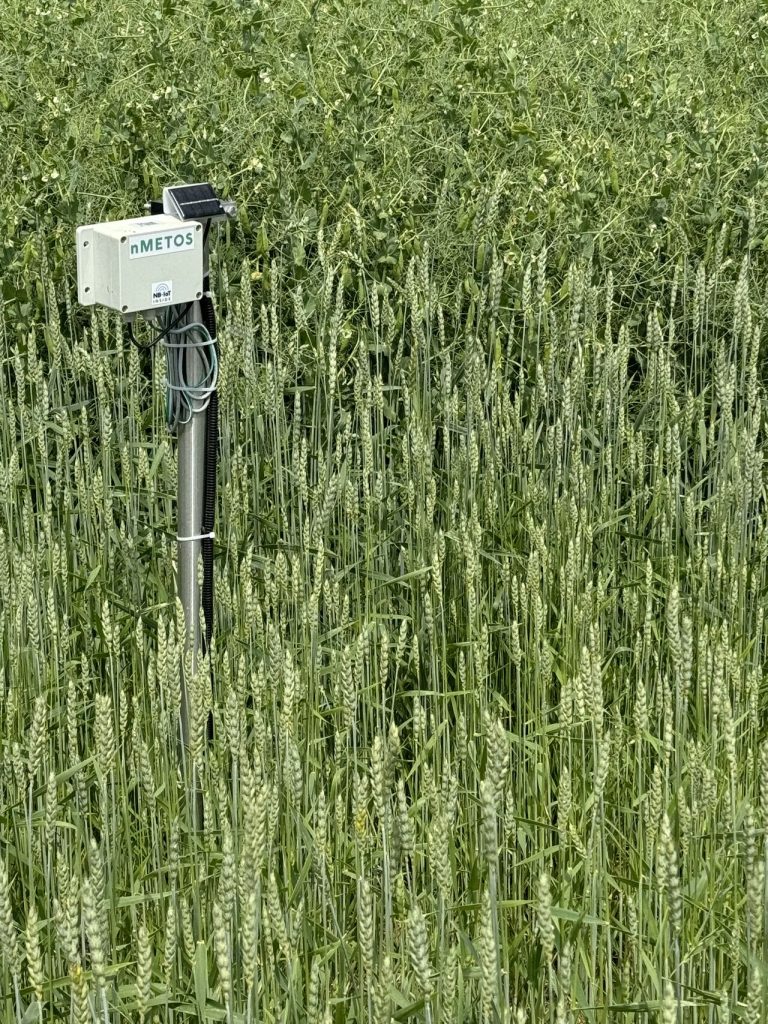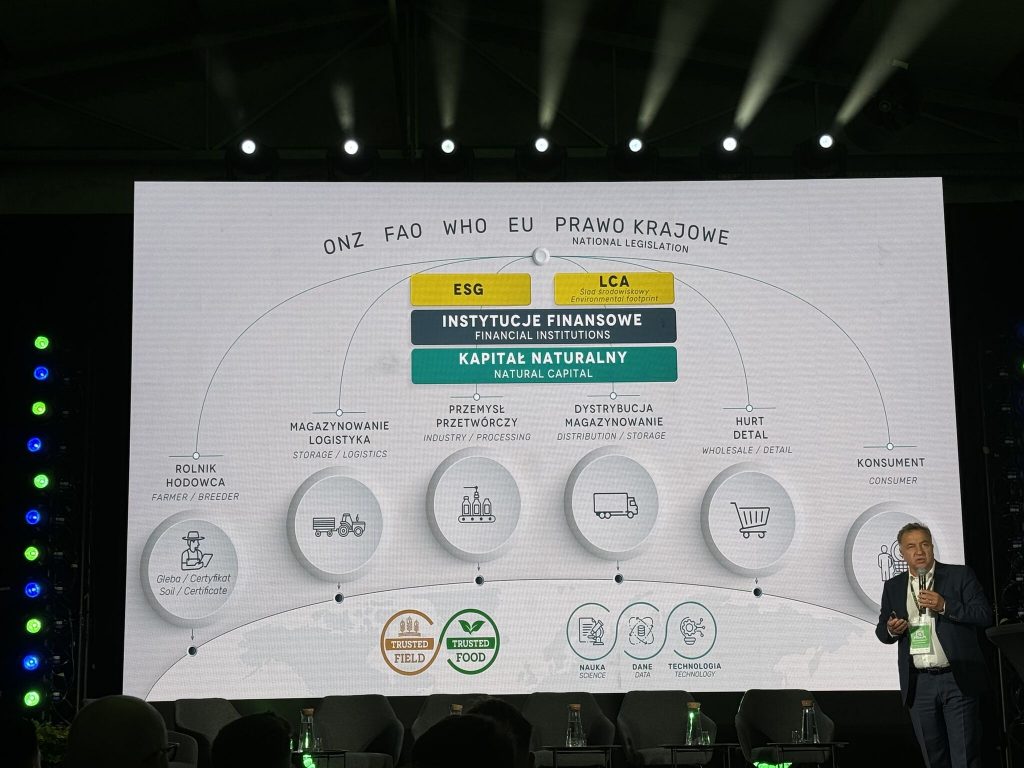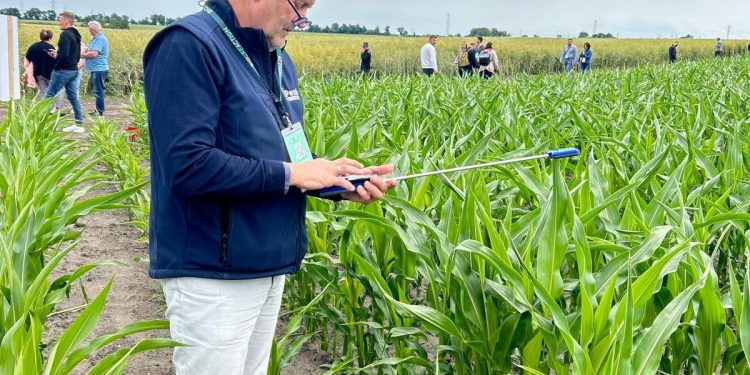Shaping Sustainable Food Systems in Poznan
Yesterday, I had the privilege of attending the Bioreaction Conference just outside of Poznan, where leading food and agriculture companies gathered to showcase the future of sustainable food production. The conference took place on one of the top farms in the region, highlighting Poland’s commitment to innovative agricultural concepts.
One of the standout presentations was titled “The future of enterprises in a sustainable food supply chain in the face of climate change, geopolitics and economics,” featuring insights from Marja-Liisa Meurice, Director of EIT Food North and East Region, alongside industry leaders such as Tomasz Zdziebkowski from Top Farms Group, Dr. Mateusz Gutsche from Good Mills, Jarosław Peczka from BIO-GEN, Aleksander Wasilewski from Cereal Partners Poland Toruń-Pacific, and Tomasz Wika from BUNGE.
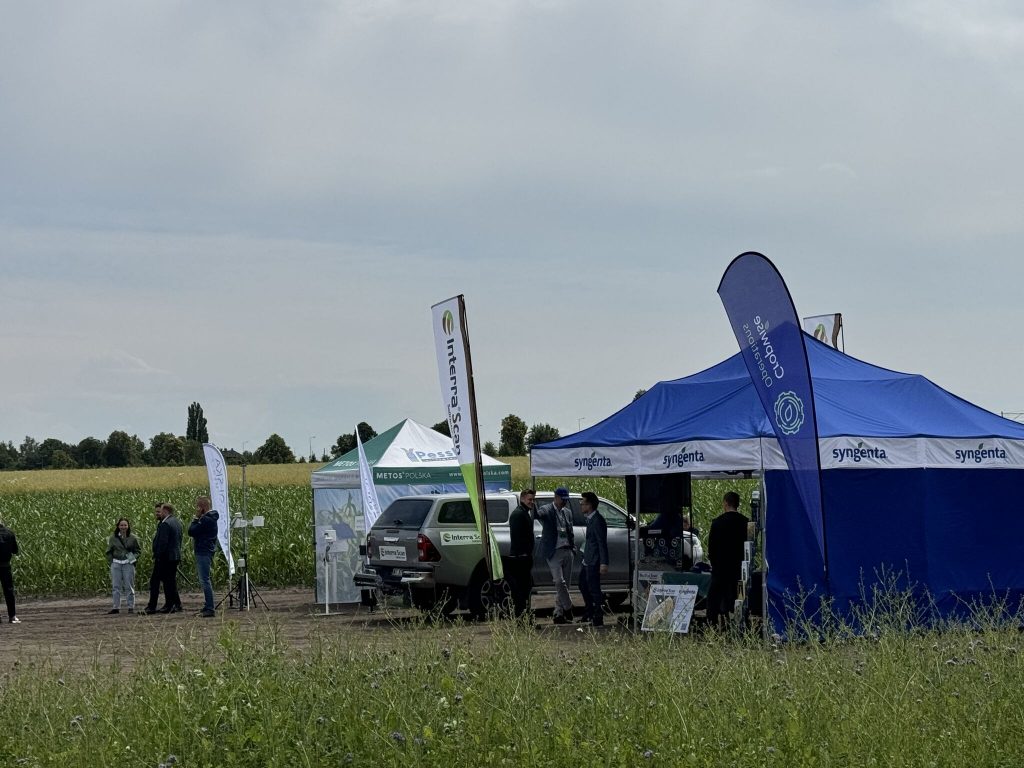
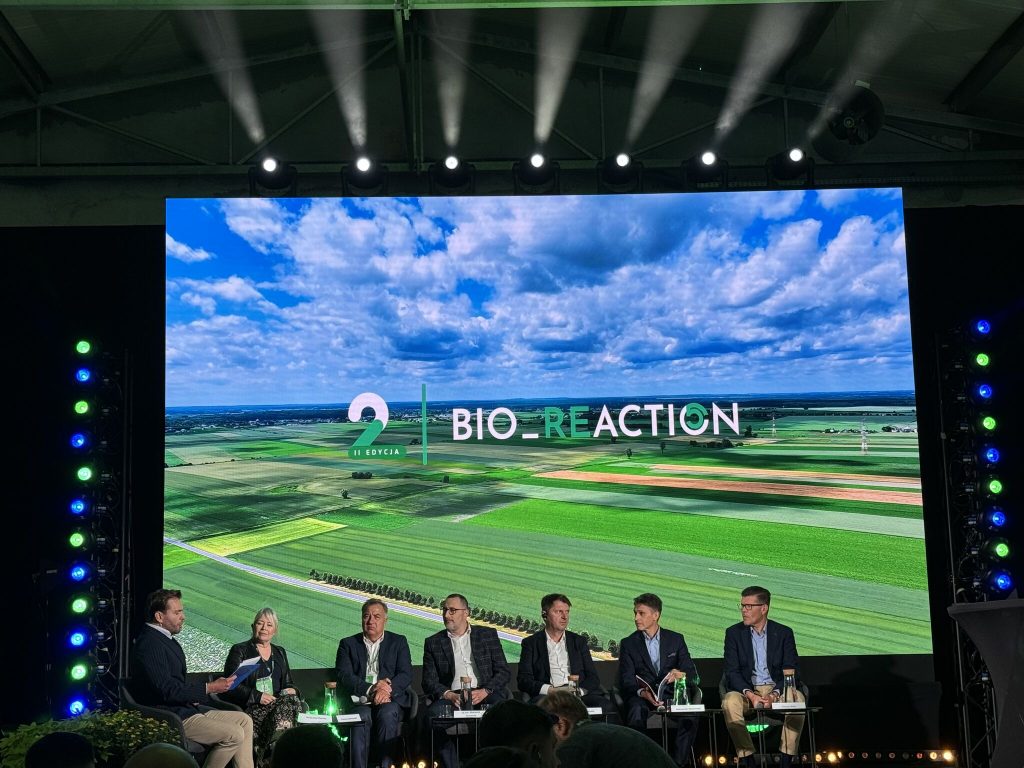
The event was supported by major industry players including Danone, Nestlé, and EIT Food, emphasizing a collective commitment to advancing regenerative agriculture and optimizing value chains.
Key themes from the conference included:
- Regenerative Farming: Practices aimed at rebuilding soil health, enhancing biodiversity, and sequestering carbon to restore ecosystems.
- Technological Integration: Utilizing new technologies and data analytics to foster transparent and efficient value chains from farm to fork.
- Circular Economy Initiatives: Adopting approaches that repurpose waste streams as valuable inputs, thereby closing resource loops.
- Innovative Products: Development of plant-based, low-carbon, nutritious foods to meet evolving consumer preferences.
The importance of data-driven management was underscored by Metos Polska, showcasing over 18 fields equipped with permanent soil moisture measurements and weather data, providing transparency regarding weather conditions to conference attendees.
The conference served as an inspiring platform where companies, researchers, and policymakers converged on the imperative to transition food systems towards regenerative, value-driven models. While challenges persist, the collective dedication exhibited at events like this instills confidence in our ability to sustainably nourish growing populations while prioritizing planetary health.
Looking ahead, I anticipate increased collaboration to scale and mainstream these transformative solutions across Poland and globally. The future of food indeed lies in regenerative practices that harmonize ecological health with agricultural productivity.
